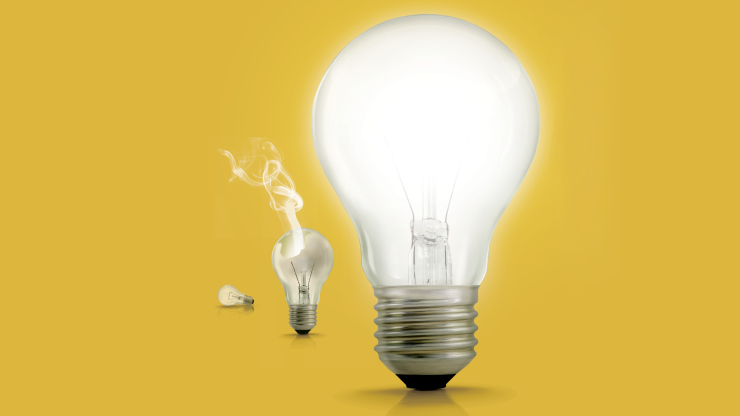The Best of All Possible Worlds

3 Min Read
Are we living in the best of all possible worlds? In this brief clip, R.C. Sproul examines why Gottfried Wilhelm Leibniz posed this idea as a solution to the problem of evil—and why it’s on a collision course with the teaching of Scripture.
Today, watch the entire message for free.
Transcript:
The way that Leibniz approached this, as I said, was first he distinguished among the three different types of evil, and then he tried to posit a relationship between each one of these. That is to say (again, he still has his Monadology theory), is that moral evil flows out of physical evil, and physical evil and moral evil both flow out of metaphysical evil. That is to say, they are necessary consequences of a metaphysical imperfect creation. That is, since we are finite, out of our finitude comes physical weaknesses, and out of both our finite status and our physical weaknesses come our moral failures. And then he went on to say that God is absolved in all of this because, when God created the universe, He had a virtually infinite number of possible worlds He could have created. I say “virtually” because there’s one kind of world even God could not have created. God would not have been able to create a metaphysically perfect God. For God to be able to create a metaphysically perfect God, He would have to create another God. But even God can’t create another God. Why not? Because the second God would still be a creature. The second God would be dependent on the first God for its very existence. So, you can’t have God creating another God. All God can create are creatures. That’s the nature of creation. So, God cannot impart to His creature His own self-existent eternal being. With that given, and if God is going to create, He knows at the beginning that He can’t create another God, so He can create various different types of universes. And He has, again, a virtually infinite number of types of finite universes He creates. God, being good, is naturally going to create the best model that He could possibly create. Because if He has the option of creating model A or model B, and model A is more perfect than model B—or to put it the other way, model B is more imperfect or evil than model A—God would not be good to choose the second model. And if He were really good, He would choose the first model. And so, obviously being all wise and all righteous, God selected the best world He could possibly create: an ideal world, as it were. Now, you have probably heard the expression: “We’re living in the best of all possible worlds.” That sentiment, that idea—the best of all possible worlds—finds its roots in this theodicy of Leibniz. Now, you've also probably heard of Voltaire’s famous little work Candide. Many of you had to read it when you were in college. It tells the story of this Doctor Pangloss, who seems to be a bumbling idiot because he naively assumes that he is living in a world that is the best of all possible worlds. And this was written after a major calamity beset Europe. The Lisbon earthquake of that time which was more devastating than the San Francisco earthquake in our own day. And again, people, because of the devastation of the Lisbon earthquake, were asking this question afresh: "Where’s God in all of this? How could God allow this to happen?" And Voltaire cynically looked at the work of Leibniz and said that he’s an idiot—Doctor Pangloss here, walking around with his head in the clouds, thinking that this is the best of all possible worlds. And that even though we’re not gods, we can conceive of a much better world than we’re presently living in. And not only that, the Scriptures themselves talk about a world that will be better in the renovation. See, that’s the fatal problem from the Christian perspective of this theodicy, is that it’s on a collision course with the biblical story of creation, and of fall, and of renovation.